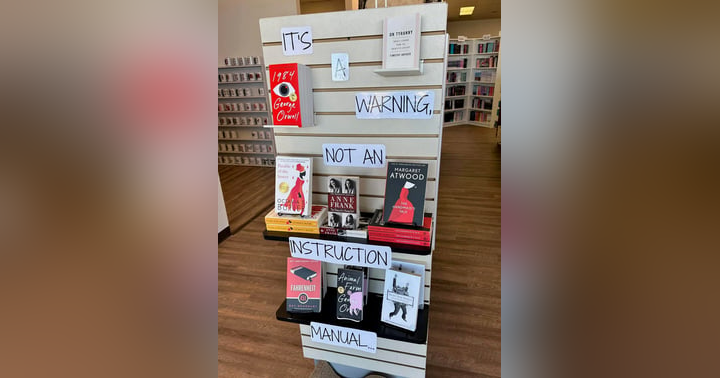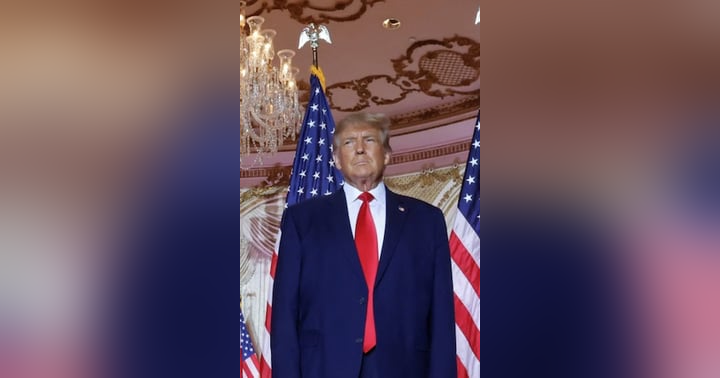The pandemic broke America

Source: Pandemic
Eight weeks into this nation's greatest crisis since World War II, we seem no closer to a national strategy to reopen the nation, rebuild the economy and defeat the coronavirus.
Why it matters: America's ongoing cultural wars over everything have weakened our ability to respond to this pandemic. We may be our worst enemy.
- The response is being hobbled by the same trends that have impacted so much of our lives: growing income inequality, the rise of misinformation, lack of trust in institutions, the rural/urban divide and hyper-partisanship.
- We're not even seeing the same threat from the virus. Democrats are far more likely than Republicans to be worried about getting seriously ill, while Republicans — including the president — are more likely to think the death counts are too high.
Without even a basic agreement on the danger of the pandemic and its toll, here's how we see the national response unfold:
- The Centers for Disease Control and Prevention, the crown jewel of the globe's public health infrastructure, has been sidelined, its recommendations dismissed by the White House.
- President Trump declares the U.S. has "prevailed on testing" at a time when health experts say we still need far more daily tests before the country can reopen safely.
- Distribution of the promising coronavirus drug remdesivir was initially botched because of miscommunication between government agencies.
- More than two thirds of Americans say it's unlikely they would use a cell phone-based contact tracing program established by the federal government, a key component of a testing regime to control the virus.
- The second phase of a program to aid small businesses isn't fully allocated because firms are either concerned about its changing rules, confused about how to access it, or find the structure won't help them stay in business.
- With the unemployment rate at a post-Depression record last month, and expected to go higher, there is no meaningful discussion between the parties in Congress on aid to the out-of-work.
- States and local governments are facing billions in losses without a strategy for assistance.
- The virus is literally inside the White House. Aides have tested positive for coronavirus, leading to quarantines for some of the nation's top public health officials and a new daily testing regime for White House staff and reporters who enter the West Wing.
- The No. 1 book on Amazon for a time was a book by an anti-vaxxer whose conspiracy-minded video about the pandemic spread widely across social media, leading to takedowns by platforms like YouTube and Facebook.
The other side: There's better news at the state level. "Governors collectively have been winning widespread praise from the public for their handling of the coronavirus outbreak," the Washington Post reports.
- Individual states are making progress, according to the most recent Axios analysis of coronavirus cases — though it's early and a second wave of infections is still possible.
Between the lines: Nationwide, 71% of Americans approve of the job their governor is doing, according to the Post. For Trump, the figure is 43%.
- And former presidents we often expect to help rally the nation in trying times are scarce.
- George W. Bush released a video, in which his face barely appeared, calling for unity in the fight against the virus. Barack Obama was recorded in leaked remarks to former staffers calling Trump's coronavirus response "an absolute chaotic disaster."Trump attacked both of them on Twitter.
The bottom line: An existential threat — like war or natural disaster — usually brings people together to set a course of action in response. Somehow, we've let this one drive us apart.





























